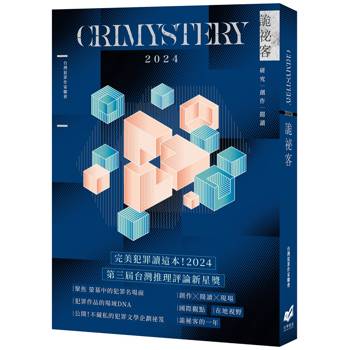This new book provides an in-depth understanding of federated learning, a new and increasingly popular learning paradigm that decouples data collection and model training via multi-party computation and model aggregation. The volume explores how federated learning integrates AI technologies, such as blockchain, machine learning, IoT, edge computing, and fog computing systems, allowing multiple collaborators to build a robust machine-learning model using a large dataset. It highlights the capabilities and benefits of federated learning, addressing critical issues such as data privacy, data security, data access rights, and access to heterogeneous data.
The volume first introduces the general concepts of machine learning and then summarizes the federated learning system setup and its associated terminologies. It also presents a basic classification of FL, the application of FL for various distributed computing scenarios, an integrated view of applications of software-defined networks, etc. The book also explores the role of federated learning in the Internet of Medical Things systems as well.
The book provides a pragmatic analysis of strategies for developing a communication-efficient federated learning system. It also details the applicability of blockchain with federated learning on IoT-based systems. It provides an in-depth study of FL-based intrusion detection systems, discussing their taxonomy and functioning and showcasing their superiority over existing systems.
The book is unique in that it evaluates the privacy and security aspects in federated learning. The volume presents a comprehensive analysis of some of the common challenges, proven threats, and attack strategies affecting FL systems. Special coverage on protected shot-based federated learning for facial expression recognition is also included.
This comprehensive book, Federated Learning: Principles, Paradigms, and Applications, will enable research scholars, information technology professionals, and distributed computing engineers to understand various aspects of federated learning concepts and computational techniques for real-life implementation.












